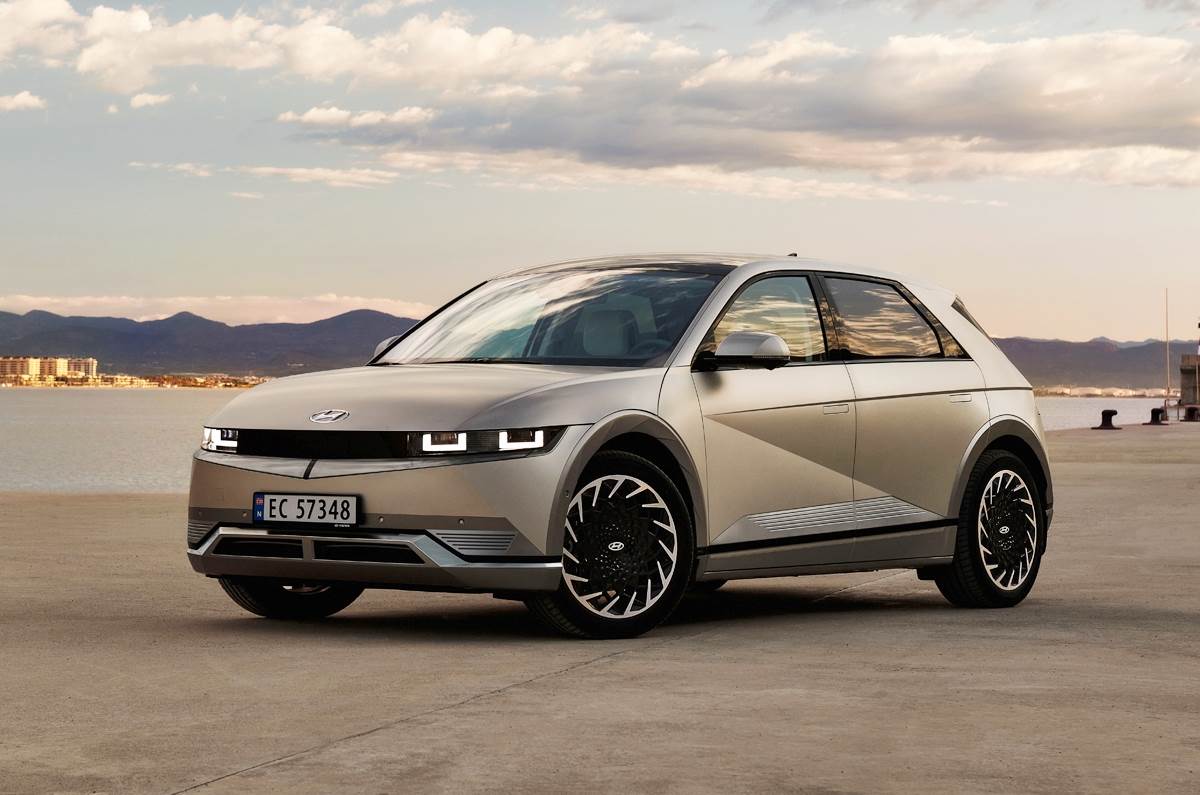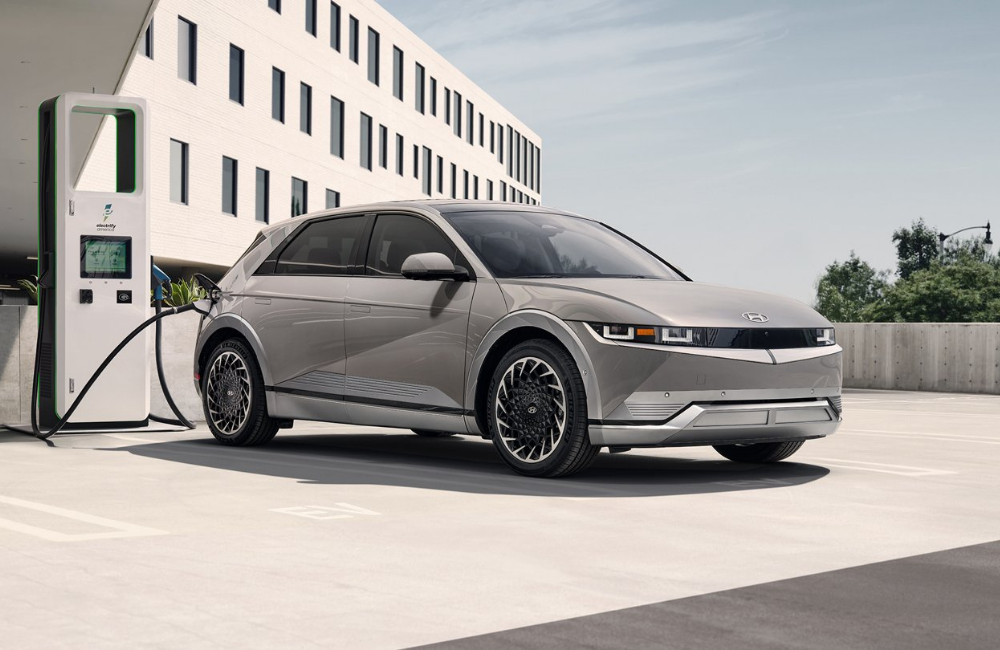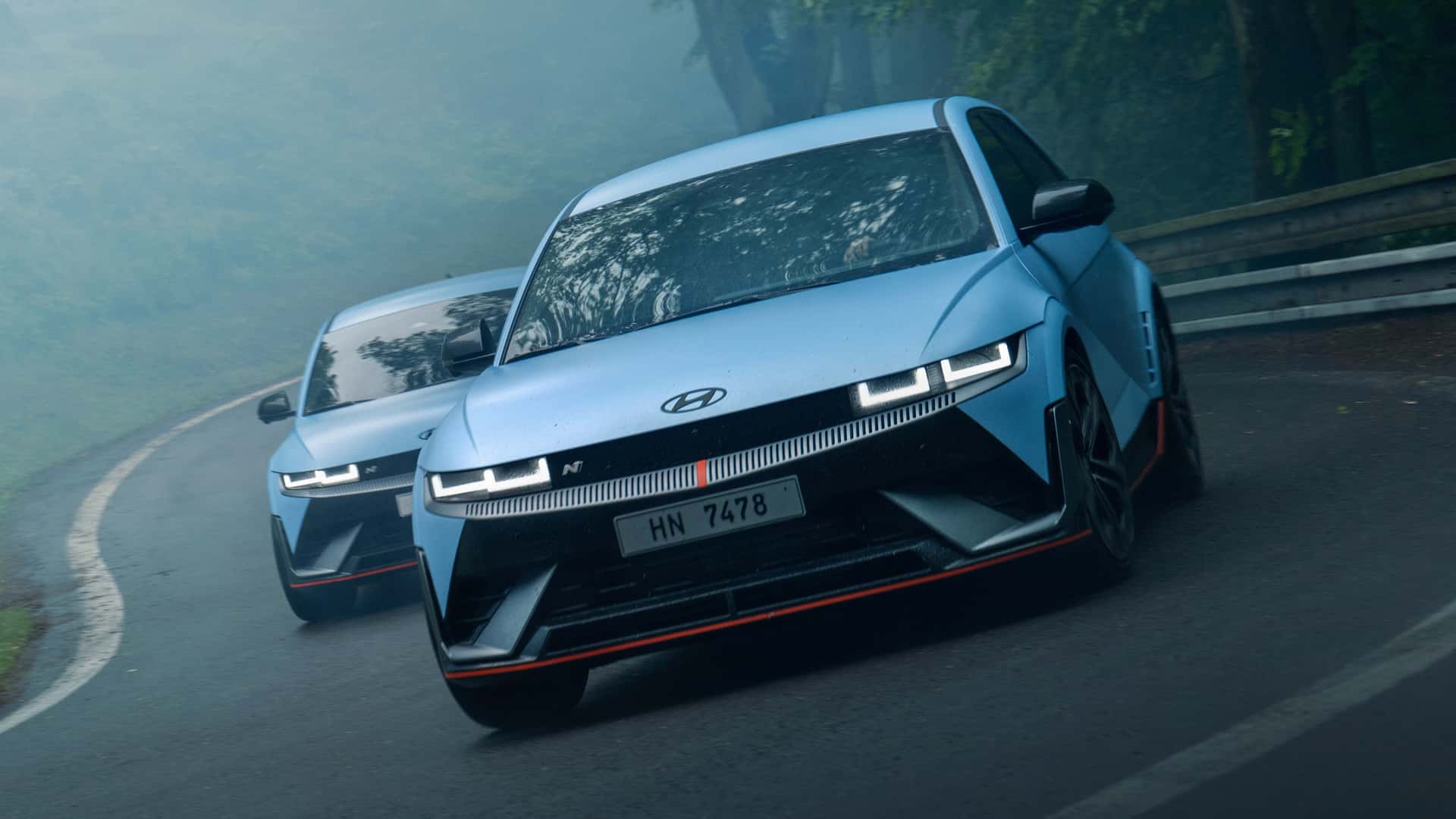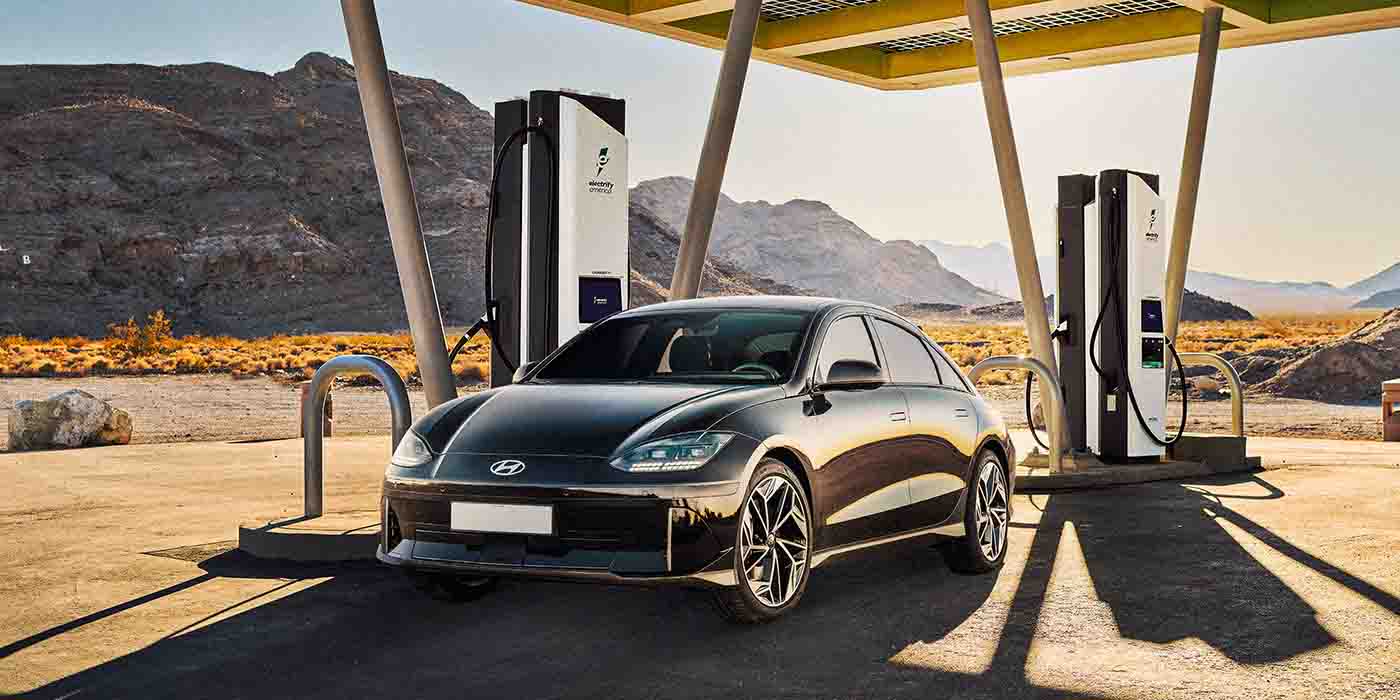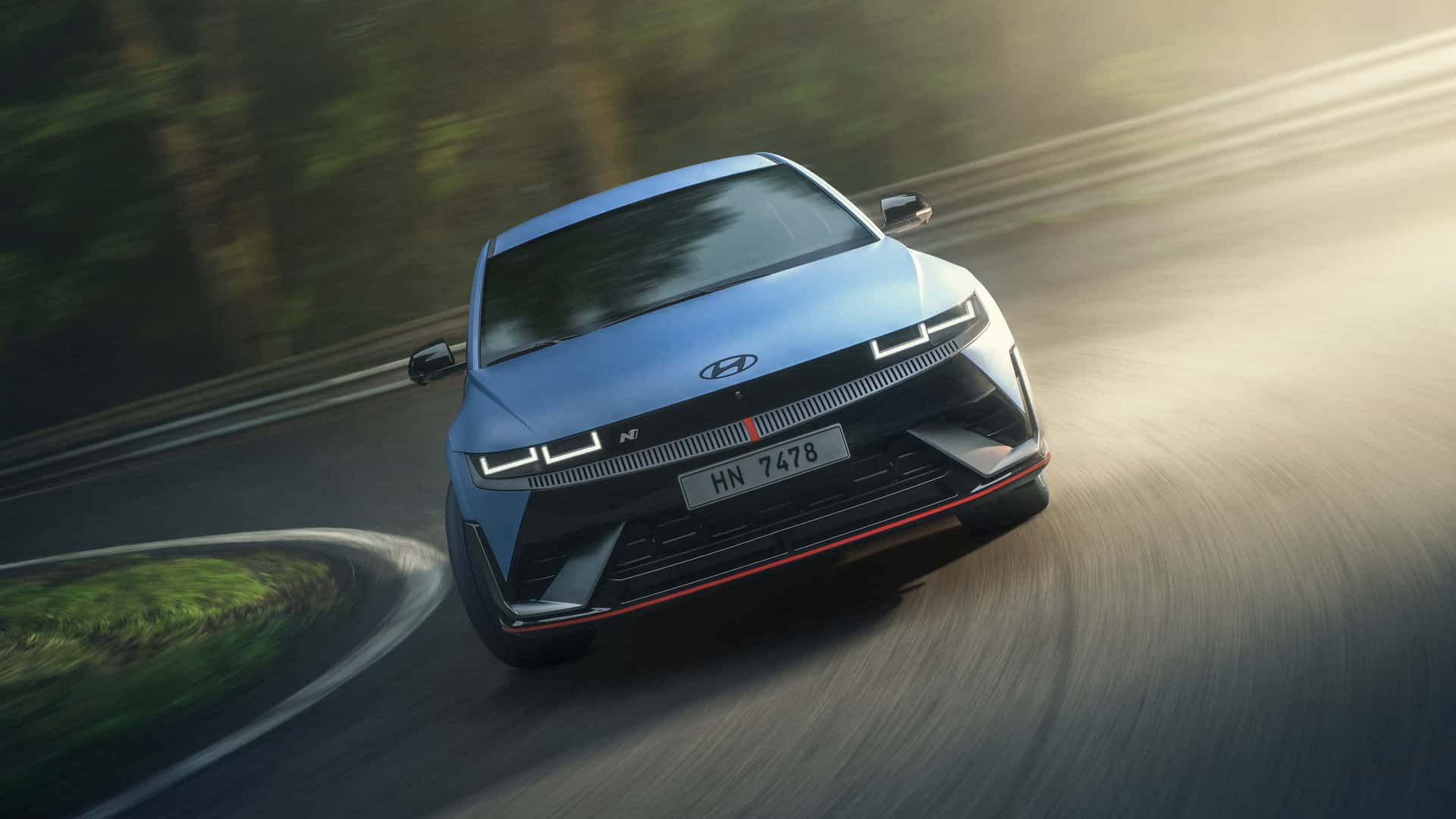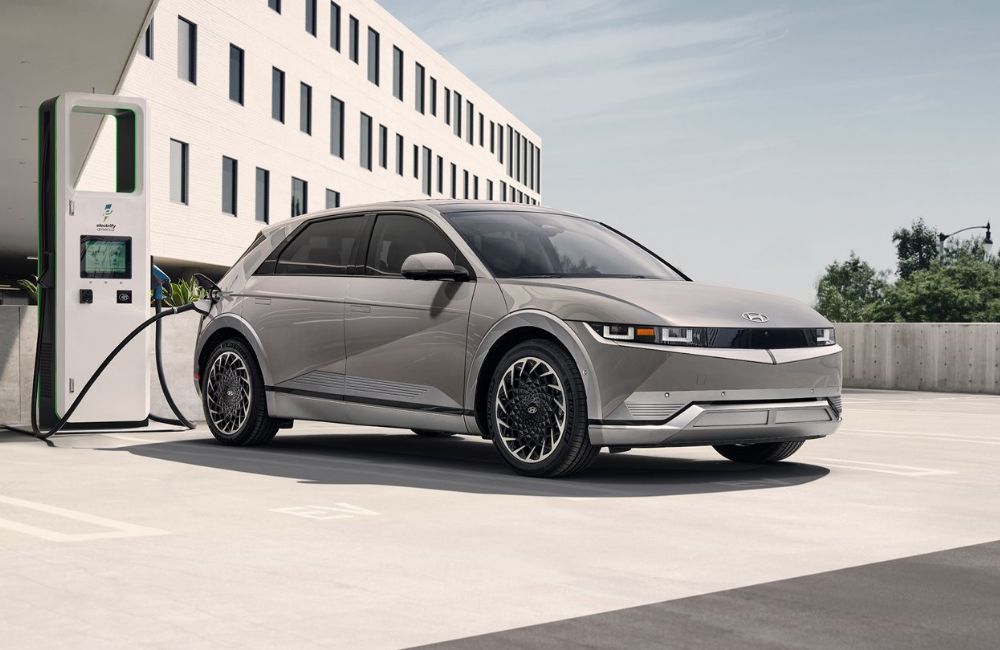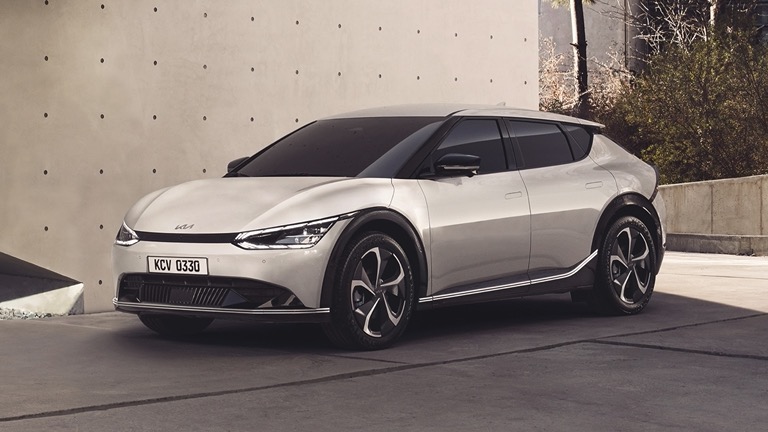In a bold move to strengthen its presence in the North American electric vehicle (EV) market, the Hyundai Motor Group is already contemplating its second EV assembly plant in the region. This decision comes even before the completion of its first facility in Bryan County, Georgia. According to Don Romano, the CEO of Hyundai Auto Canada, “Canada’s going to be part of that conversation.”
Hyundai initially announced its plans for a dedicated EV manufacturing facility in North America back in May. With a commitment of $5.5 billion, the South Korean automaker is set to construct a new EV assembly and battery plant in the state of Georgia.
Although the original timeline indicated the start of construction in early 2023, the passing of the Inflation Reduction Act (IRA) in August prompted Hyundai to break ground on October 25, 2022.
Spread across a vast 3,000-acre site, this project stands as the largest in Georgia’s history and is expected to produce approximately 300,000 electric vehicles annually.
In addition to the assembly plant, Hyundai recently announced plans to build a $4.3 billion battery plant adjacent to the manufacturing facility in collaboration with LG Energy Solutions. The production of batteries is anticipated to commence no earlier than the end of 2025, with an annual capacity of 30 GWh when fully operational.
Hyundai has also teamed up with SK On for a $5 billion EV battery cell factory boasting a capacity of 35 GWh. The manufacturing of cells is scheduled to begin in the latter half of 2025.
See also: Hyundai plans for 3 battery plants in the USA with capacity of 90 GWh per year
While Hyundai’s primary focus currently lies in Georgia, Romano believes that the single plant alone may not be sufficient to meet future North American demand. Speaking to Automotive News Canada, he stated that “Canada is on the list for future growth” in terms of Hyundai’s second EV assembly plant in the region. However, he added that the final decision would be based on identifying the most advantageous prospects for electric vehicles.
Canada stands as a strong contender in this regard. According to reports, Hyundai currently leads the region in vehicle production without a significant manufacturing footprint.
Last year, the Hyundai Motor Group, which includes Kia and Genesis, sold 186,566 vehicles, making it the fourth-largest automaker in terms of total volume, trailing behind Ford, GM, and Toyota while edging out Stellantis and Honda, all of which have manufacturing facilities in the region.
With Hyundai experiencing a surge in sales across North America, the company aims to expand its manufacturing presence, and Canada is actively courting them.
During a recent visit to South Korea, François-Philippe Champagne, the Minister of Innovation, Science and Industry of Canada, held meetings with Hyundai executives. In a subsequent tweet, Champagne pledged to “keep working together to expand and collaborate” in the EV industry. Romano confirmed that Hyundai has engaged in discussions with the Canadian government regarding a potential agreement.
See also: Hyundai Mobis to invest $926 million for electric vehicle components plant in USA
Sam Fiorani, the Vice President of global vehicle forecasting at AutoForecast Solutions, emphasized that Canada is now actively promoting an electric vehicle future. He believes it would be sensible for Hyundai to leverage the existing battery plants, technology, research and development capabilities, assembly work, and supplier networks available in Canada.
Fiorani predicts that Hyundai will need to expand its North American manufacturing footprint in the early 2030s, if not sooner. He commended Hyundai’s impressive growth over the past three to four decades and suggested that the automaker would require additional plants to sustain its current trajectory.
Hyundai’s aspirations to become one of the top three global EV producers and achieve two million annual EV sales by 2030 are driving its ambition to become an EV market leader. Establishing an assembly plant in Canada aligns with this vision.

